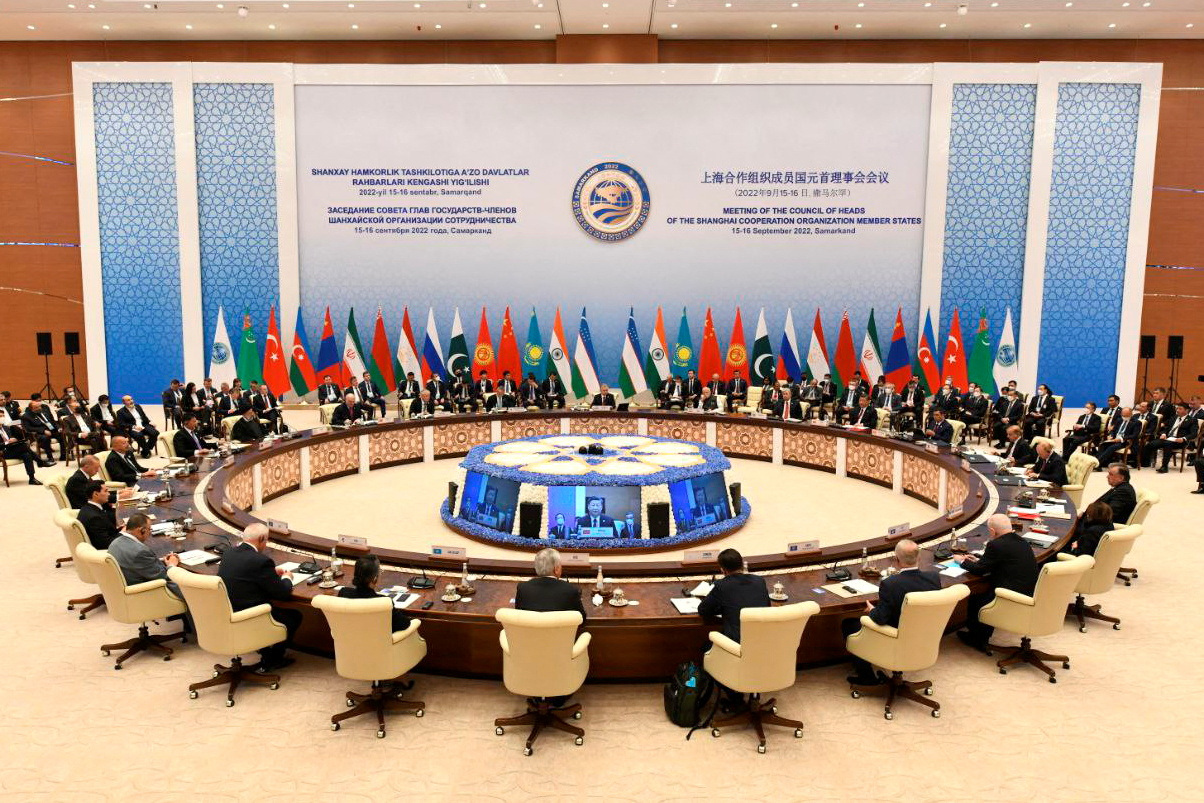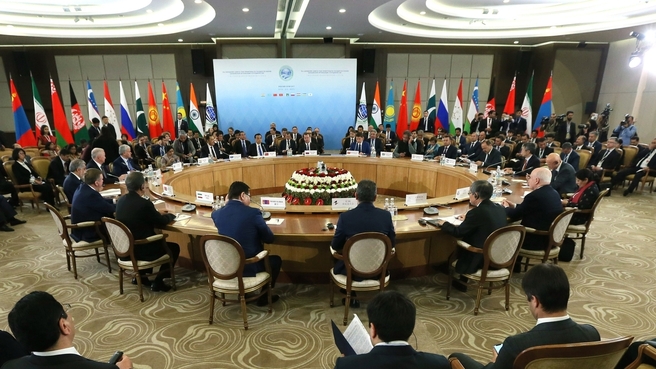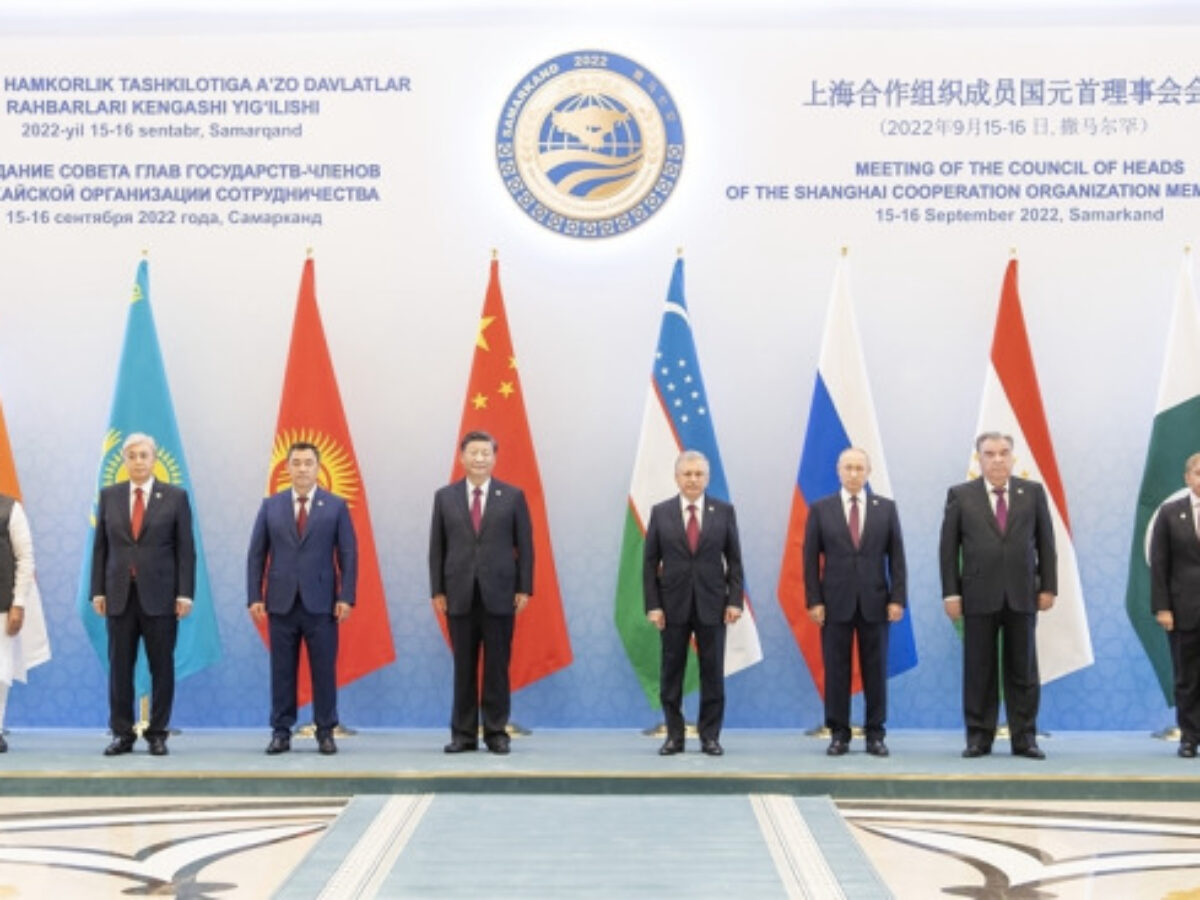It is the first face-to-face meeting of the SCO Council of Heads of State since 2019 and comes in the shadow of the Russia-Ukraine war and rising tensions between the United States and China. The previous two had only been virtually, and this one has occurred in the wake of three notable events: the pandemic, the Russia-Ukraine conflict, and the Taiwan Straits conflict. Meanwhile, the end of the US war and the return of the Taliban government in Afghanistan, which has observer status in the eight-member SCO and have significantly affected regional geopolitics. Prospects for multilateral cooperation are being discussed in the meeting but the main interest is what happens in the side meetings. The event is the first time in a long time that Pakistani and Indian leaders have met face to face. Bilateral negotiations on the sidelines of the conference can also break the ice. After the Samarkand meeting, the SCO Presidency will go to India, which will also host the next summit in 2023. The inclusion of Iran in the group would also broaden the scope; given that the country has been under US sanctions for a very long time, it would support any move to strengthen economic ties between the SCO countries. It is not possible for the Taliban regime to gain full membership of the group. The Samarkand Conference is being held at a very critical time in an atmosphere of rapidly changing geopolitics. An expanded membership confer greater legitimacy on the SCO and yield security and economic benefits for its members.

The globe has almost been divided into pro-NATO and pro-Russian camps, despite the fact that certain countries, like India and Turkey, emphatically claim to be neutral. In a comment written on the eve of the Samarkand Summit outlining Uzbekistan’s perceptions and plans for the SCO, Uzbekistan’s President Shavkat Mirziyoyev said, “The basis of the SCO’s international appeal is its non-block status. China is clearly in the strongest position and attending the summit will be a confident Xi Jinping, his first overseas expansion since the pandemic began. All Central Asian member states (Kazakhstan, Kyrgyzstan, Tajikistan, Uzbekistan) have varying degrees of close ties with China, all participate in the Belt and Road Initiative and maintain close ties with China have an economic relationship. The countries of Central Asia and the countries that may join at a later date, such as Mongolia and Armenia, will continue to seek good relations with the United States as part of a “multi-vector” policy. Tajikistan, a close friend and ally of Russia and China, is conducting recent military exercises with the United States as a case in point. India is one of the few members of the group that maintains good and close relations with the United States. 3% of Kyrgyzstan’s external debt, but the recent establishment of Chinese military bases is widely believed to be the result of Tajikistan’s huge debt to China. Another advantage India has is in the cultural and religious sphere. India’s religious pluralism is the antidote to the extremism and fundamentalism of Afghanistan and member state Pakistan.

However, on the first day of conference, Shanghai Cooperation Organization (SCO) members were urged by Pakistan’s Prime Minister, Shehbaz Sharif, to develop country-specific climate change programs in light of Pakistan’s vulnerability to the effects of the natural disaster. He also discussed the fight against terrorism and showed his support and commitment for the high quality development of CEPEC. The prime minister also stated Pakistan supports Azerbaijan’s right to defend its territorial integrity and conveyed his sorrow over the loss of 70 Azerbaijani troops in an unprovoked attack by Armenia. This all predicts the strengthening of multilateral ties.

Research Associate, Pakistan House



